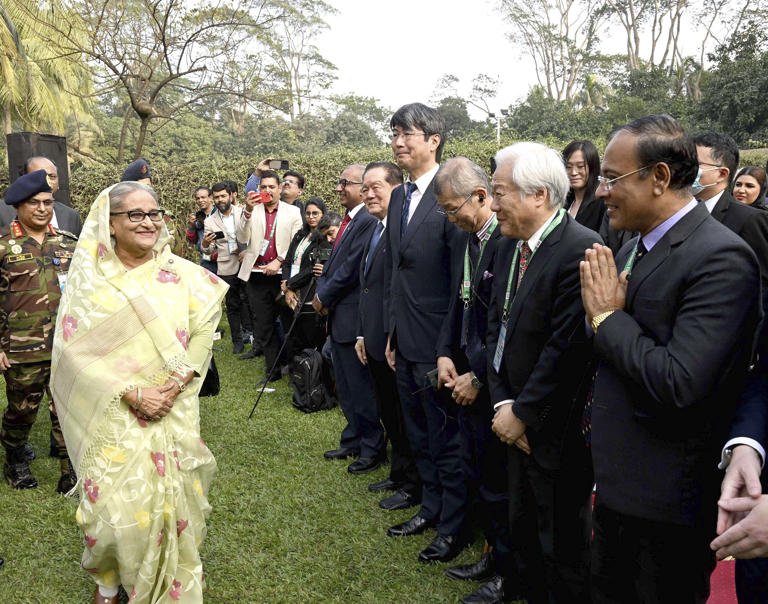The Stakes of the Election in Bangladesh
The Bangladesh elections held on January 7, 2024, were significant due to several factors that impacted the democratic landscape of the country. Here's a short guide to understand what was at stake, the concerns, and the aftermath of these elections:What Was at Stake:
Democratic Integrity: The elections were seen as a test of the democratic integrity of Bangladesh, given the concerns about electoral fairness and human rights issues.Leadership Continuity: Prime Minister Sheikh Hasina was seeking her fifth consecutive term, and the election's outcome would influence the country's policy direction, particularly in areas like infrastructure, governance, and foreign policy.
Concerns Going In:
Caretaker Government Demand: The main opposition party, the Bangladesh Nationalist Party (BNP), demanded a caretaker government during the election, arguing that past elections without such a government were marred by irregularities.Human Rights Issues: There were international concerns about the potential for violence and human rights abuses. The United Nations Human Rights Office expressed concerns about violent incidents during ongoing protests.Opposition's Allegations: The BNP, aligned with far-right Islamist parties, voiced concerns about the fairness of the elections and alleged government crackdowns on dissidents.
Opposition's Stance:
Election Boycott: The BNP boycotted the election, citing the lack of a neutral caretaker government and alleged pre-election intimidation and arrests of its members.Claims of Rigged Elections: The BNP claimed the elections would not be free and fair under Hasina’s rule, and accused the government of trying to subdue the opposition.
What Happened:
Election Results: Prime Minister Sheikh Hasina won the election, securing her fifth consecutive term.Voter Turnout: The voter turnout was around 40 percent, significantly lower than in previous elections, raising questions about the election's credibility.Opposition's Reaction: The opposition called the election a "sham" and held a general strike, asking people not to participate in the vote.
Prime Minister Sheikh Hasina, left, arrives to address a press conference following her election victory in Dhaka, Bangladesh, Monday, Jan.8, 2024. (Bangladesh Prime Minister's office via AP).
Criticisms of the Election Conduct:
Pre-Election Intimidation: There were reports of government-led intimidation tactics, including threats, violence, and arrests of opposition members and critics.Allegations of Rigged Process: Critics and the opposition accused the election process of being rigged and lacking credibility, with a predetermined outcome.International Concerns: International observers, including the UN and various human rights organizations, expressed concerns over the electoral process's fairness and transparency.
More analysis of the Bangladesh elections:
Stratheia: "Bangladesh's 2024 Election and Its Impact"The Daily Star: Bangladesh Election 2024 | Bangladesh's election formality is over. What’s next? (thedailystar.net)The Organizer: Bangladesh Elections: Low turnout casts shadow over 'mostly peaceful' polls (organiser.org)
